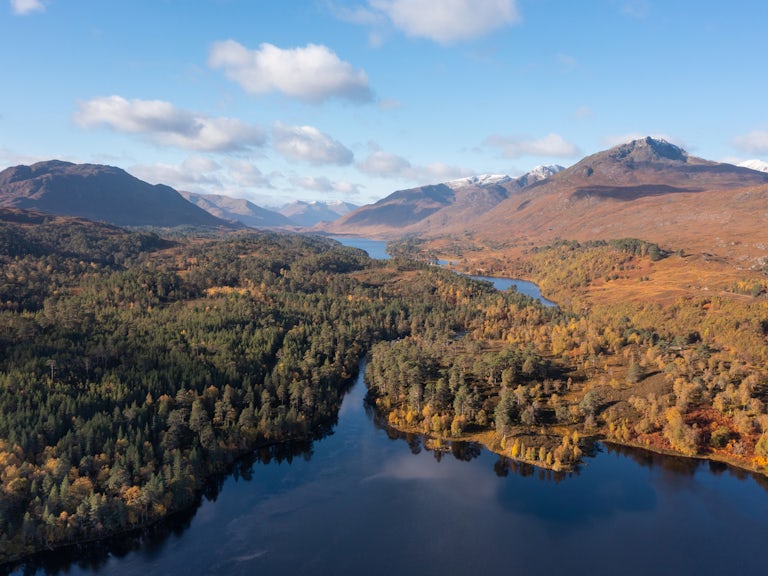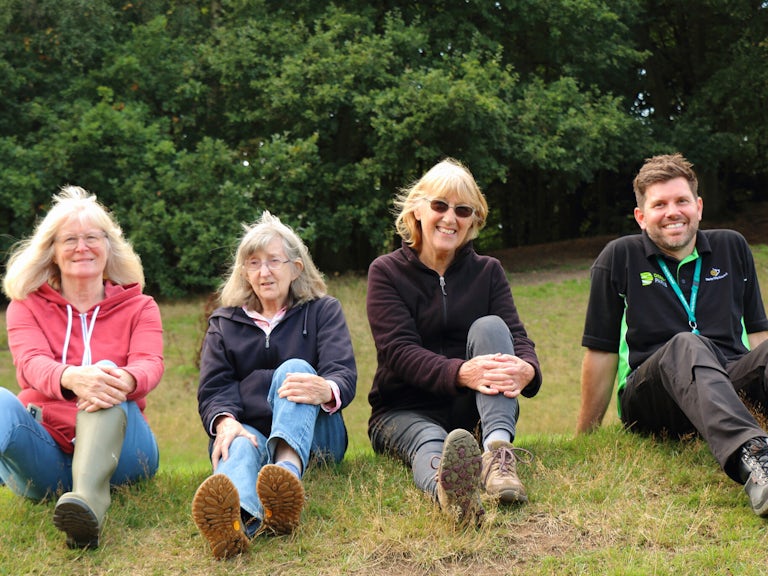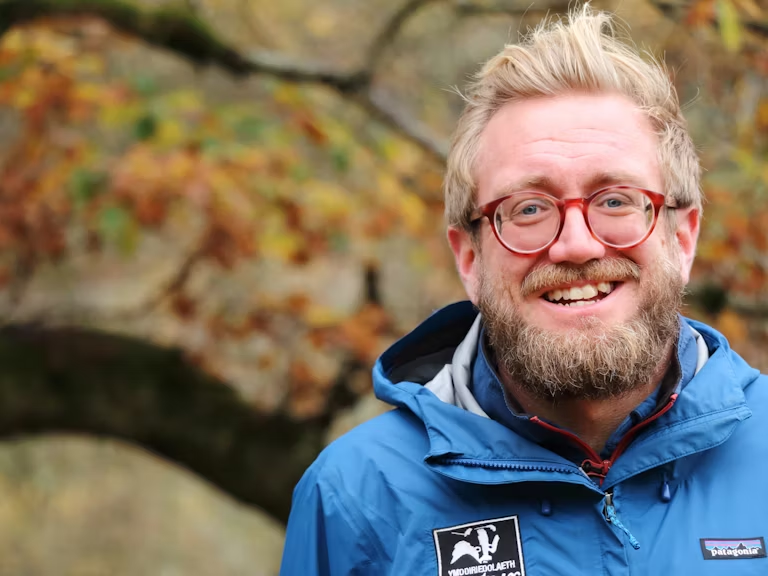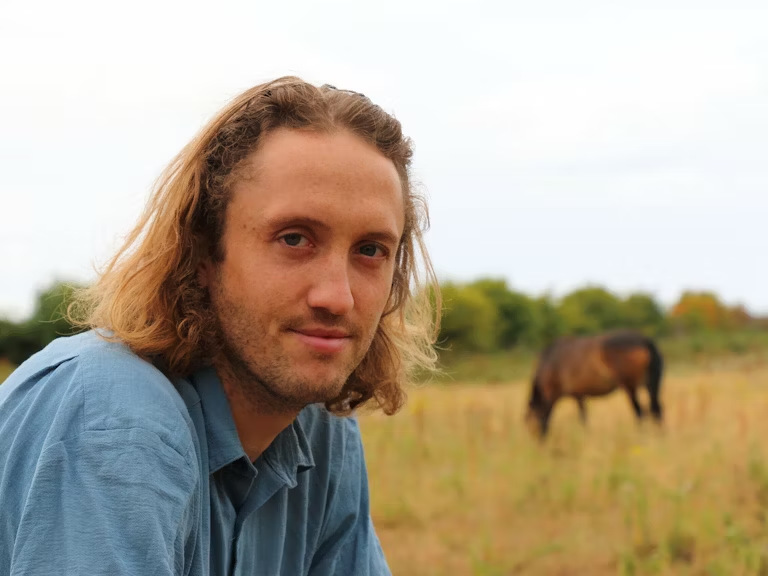Rewilding Innovation Fund
This exciting fund helps to foster the scale and ambition of rewilding projects, enabling large-scale restoration of ecosystems.
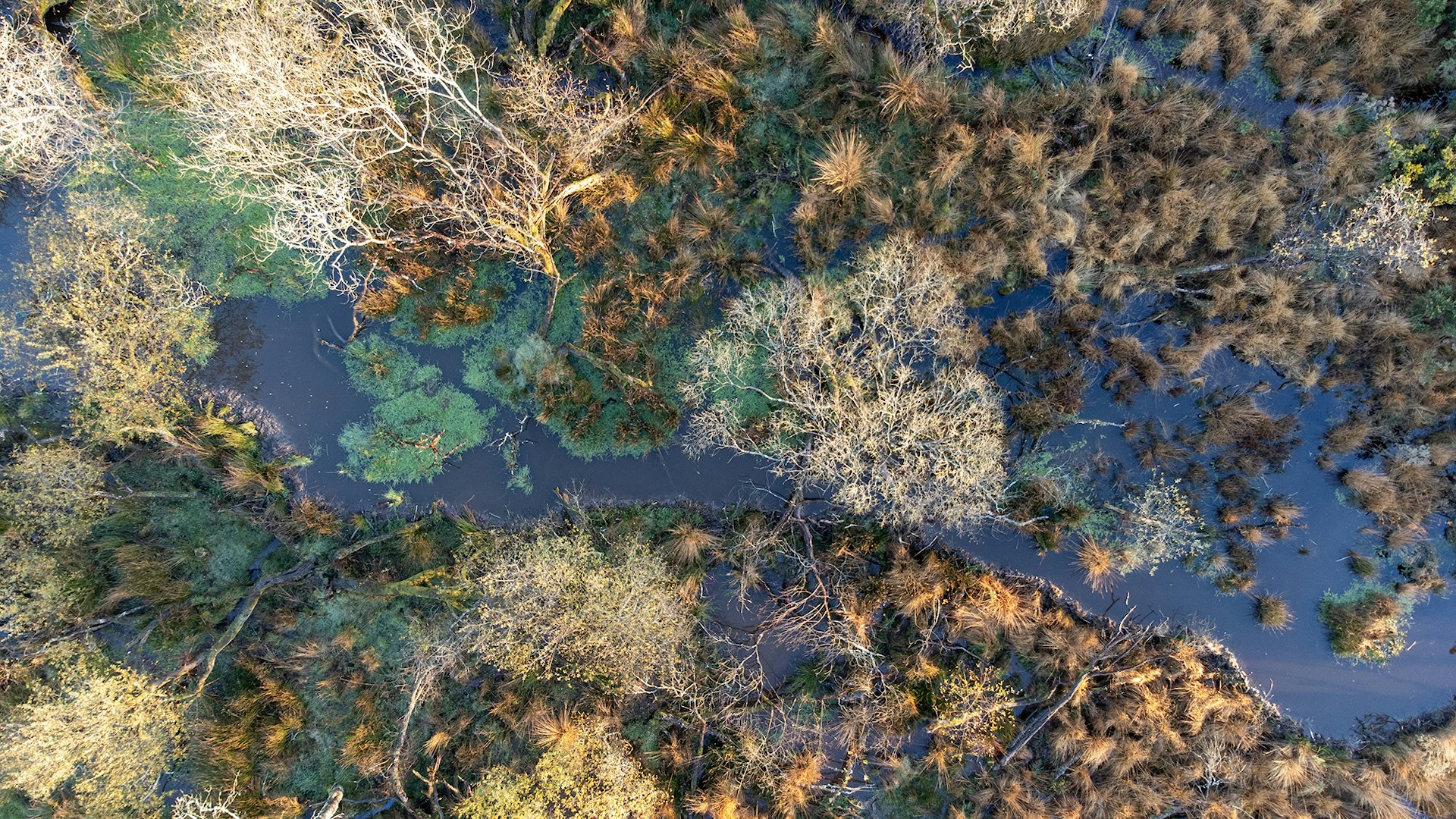
Unlock next-level rewilding
The Rewilding Innovation Fund aims to remove barriers to rewilding across Britain. Whether your site or project is in the early planning stages or looking to try out a new approach, you can apply.
From business plans to feasibility studies, community engagement to trialling the latest technology, we fund works that could potentially unlock further funding for you or move you up the rewilding scale.
We choose the projects we consider will have the highest impact on people and nature, on land and sea, with opportunities for shared learning with the Rewilding Network.
You have two opportunities to apply for funding through the Rewilding Innovation Fund each year, in the new year and summer.
35
rewilding projects funded so far
How to apply
The current round is now closed for applications but a new round will reopen in summer.
To apply for funding – of up £15,000 – projects must be:
- based in Britain (England, Wales and Scotland)
- cover at least 40 hectares of contiguous land
- part of the Rewilding Network (you may join at the point of application)
- rewilding (or about to) at scale – potentially as a group of landowners – and to our rewilding principles
“The Innovation fund support has allowed us to bring in a Community Engagement Officer, enabling us to extend our reach across the region beyond our usual contacts.”
Jeff Davitt, funding recipient
Yorkshire Rewilding Network
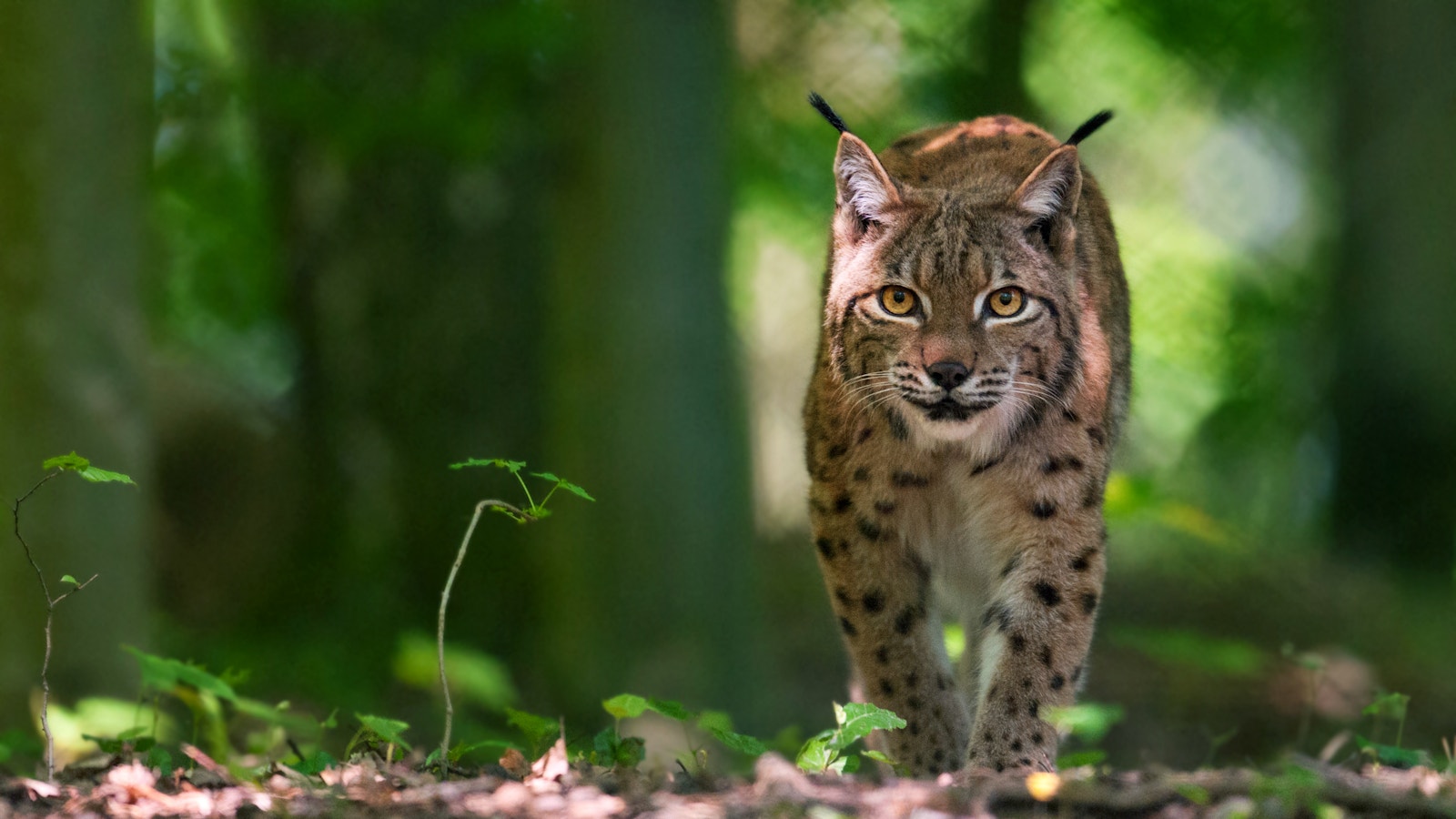
Explore Innovation Fund projects
We’ve already awarded almost half a million pounds to 35 rewilding initiatives around Britain through the Rewilding Innovation Fund.
From lynx feasibility studies to coastal restoration, community engagement to drone surveying, uncover all the projects we’ve funded since 2021.
The recipients showcase the diverse range of rewilding projects taking action across Britain. Our support will help boost their bold efforts to improve our climate, bring nature back and provide economic futures for communities.
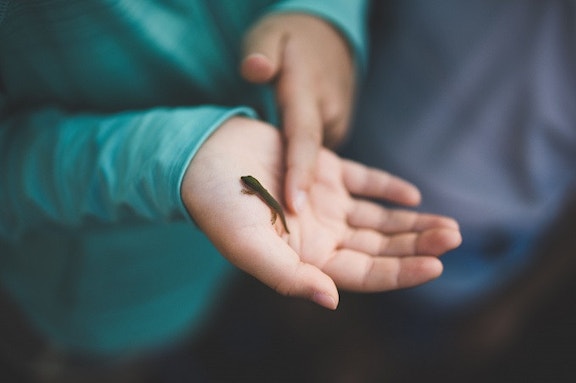
Social prescribing — Essex, England
Spains Hall Estate received funding to develop a social prescribing and community outreach programme for local schools and community groups. Working in partnership with The Wilderness Foundation, a charity working with the NHS on similar initiatives, they are delivering the programmes from a nature-based camp on their estate.
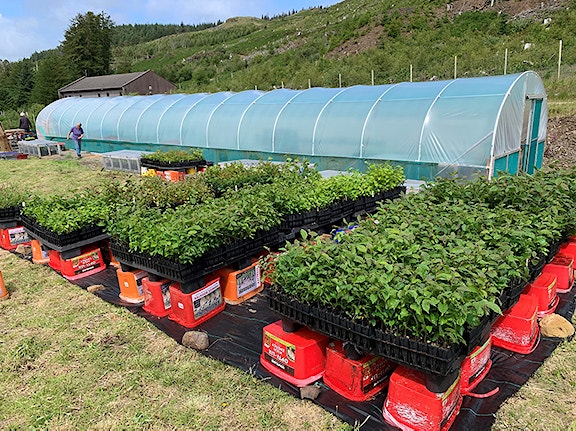
Community forest – Inner Hebrides, Scotland
The charity Mull and Iona Community Trust (MICT) works to combat the issues of geographical isolation experienced by the remote communities of the Scottish west coast islands of Mull and Iona. They are developing a long-term, collective rewilding vision for the 200 hectare Ardura Forest, which they acquired on behalf of residents in 2019.
“Without this support we wouldn’t have been able to prepare such a comprehensive management plan for biodiversity restoration in the temperate oak rainforest that was destroyed to create commercial forestry plantations.”
Moray Finch, Mull and Iona Community Trust
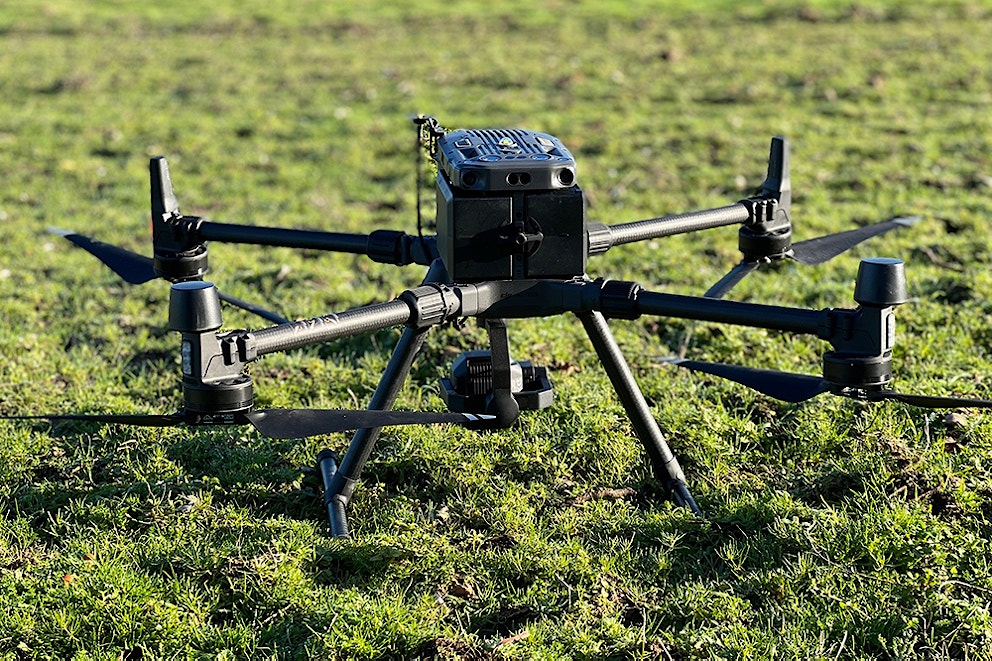
Modelling carbon capture — UK-wide
Scotland’s Bunloit Estate, Norfolk’s Wendling Beck Environment Project and Sussex’s Knepp Estate received funding to measure the potential carbon captured by scrub and wood pasture on their land. They’re working with specialists Treeconomy to model it using remote sensing techniques.

Seagrass restoration — northeast England & Scottish highlands
Two feasibility studies are being financed to identify potential areas for seagrass restoration – an essential marine habitat that absorbs carbon. Climate Action North is spearheading the initiative in the northeast of England, and the Knoydart Climate Action Group in Inverie bay.
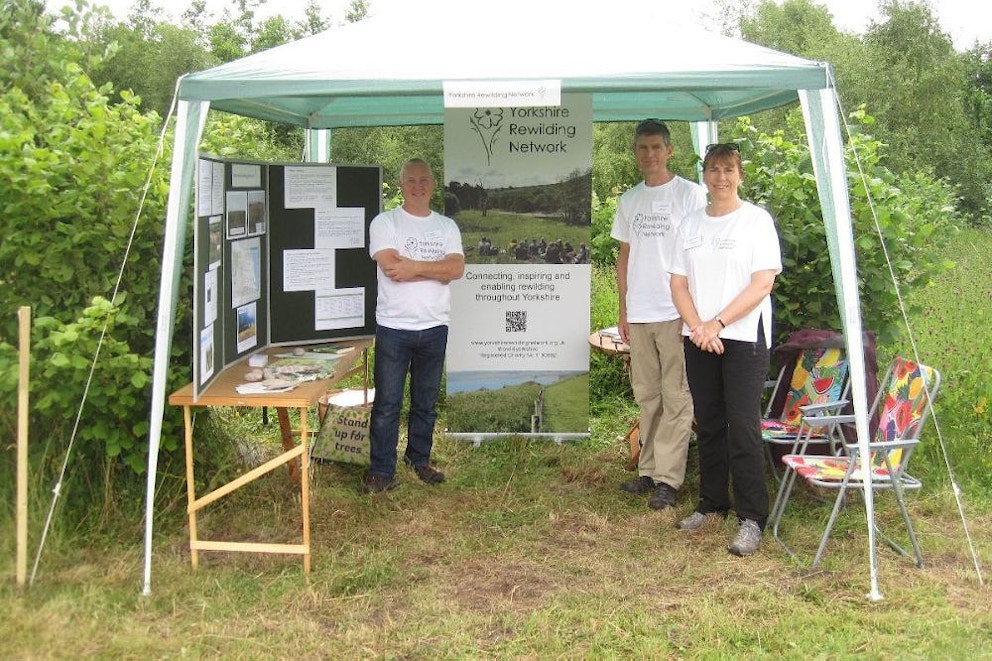
Building a local network — Yorkshire, England
Now in its second year, the Yorkshire Rewilding Network is connecting, inspiring, and enabling rewilding in the area by bringing together landowners, land managers and the local community. Funding will support further engagement events, advisory visits and their first festival, planned for spring 2023.

Tree seeding — Lake District, England
Lowther Estate is undertaking a tree seeding experiment with their funding, to assess whether this could be a more effective alternative to tree planting on their land. They are measuring whether seeding produces more natural woodland of local provenance which can naturally expand in the future.
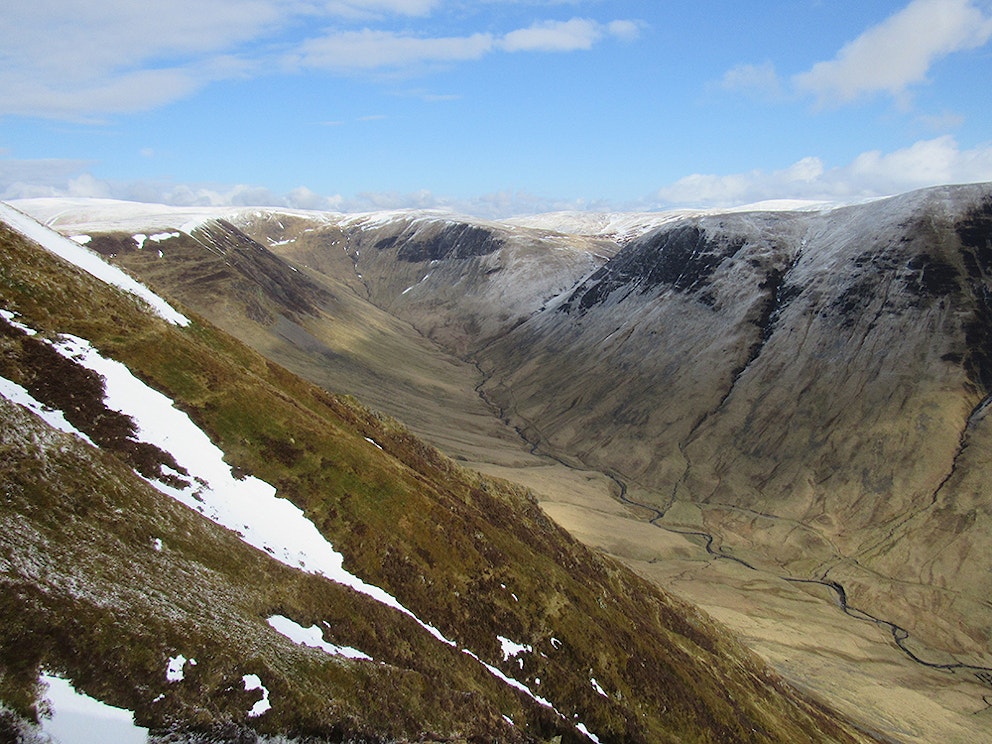
Engaging local communities — Southern Uplands, Scotland
Covering 47,215ha in the central Southern Uplands, the Talla Hartfell Wildland project aims to increase rewilding and nature restoration in the area through working with local communities. Funding is now contributing towards the development of a circular walk, an eco-museum, community talks and ongoing advisory and engagement visits.
Get in touch
Funding criteria
You are eligible to apply for the Rewilding Innovation Fund if you meet the following criteria:
- You're based in Britain
- You're a member of the Rewilding Network. This includes, but is not limited to, community, private and public landowners and managers of rewilding areas on the land and sea. If you aren’t a Rewilding Network member but would like to be considered, please join before applying.
- You're rewilding at scale* – that is more than 40 hectares of land (or any size of marine project). This can be an individual landholding or a cluster of landholdings. If you're rewilding at a smaller scale than this, we strongly encourage you to connect with others to form a local group, network or cluster to work up a project for application. In your application (just one between you) we'll need to see evidence of your shared vision and how you plan to work together. Local groups and networks can also apply to the fund for any innovative projects that will help to upscale rewilding.
- You show an understanding of and commitment to working to our rewilding principles – whether you are at the beginning of your rewilding journey or have been carrying out this work for some time.
- You can demonstrate why you need funding/intervention now, and why you cannot access this funding from other sources.
- You haven't previously been awarded money from the Rewilding Innovation Fund (previously known as the Incubator Fund). We are happy to accept funding applications from those who have applied before and been unsuccessful. Please ensure that you adapt and build on your application for our consideration this time around.
*This size has been set to tie in with the principle of rewilding being the restoration of ecosystems with enough space to allow nature to drive the changes and shape the living systems on which we all depend. By funding projects greater than 40 hectares we will provide nature with enough space to start to lead the way.
The fund aims to support works that could potentially unlock further funding or move your project up the rewilding scale, whether you are new to rewilding or have been going for some time. Examples of potential applications include: business plans and strategies, community engagement activities and co-design, feasibility studies, technology and innovation.
Funds can also be used to pay for direct interventions or expertise that your project requires.
Funding cannot be provided for land purchase or capital costs such as fencing.
Funding for up to £15,000* will be considered. We expect the majority of grants to be less than £10,000.
The Rewilding Innovation Fund steering group will use the following assessment criteria to award the money, including: funding: are there alternative options available?; alignment with our rewilding principles; degree of innovation and learning; financial strategy; consideration of the business concept and long-term viability and sustainability; understanding of monitoring and evidence-building.
*The maximum level of funding has been set at £15,000 because the fund aims to support elements in a project that can remove barriers and unlock further funding. If your project requires higher investment than this to get off the ground, consider whether there are smaller elements of your grand vision, such as business plans or feasibility studies, which you can use the Rewilding Innovation Fund for, so helping you at least get started. Could initial funding from us help leverage further funds elsewhere in the future?
The funding must be spent within 15 months. Please detail in your application how you plan to work to this timescale.
All supported projects must measure and report on their progress every quarter.
All successful applicants must agree to share stories and lessons learnt for the wider Rewilding Network and for the public.
- Ensure that you are a Rewilding Network member. If you aren't, please apply to become a Rewilding Network member before you make your funding application.
- Complete the application form for the Rewilding Innovation Fund when the fund is open. The next round will reopen in summer.
Shortlisted projects will be invited to pitch their project to the steering group in a 10-minute online presentation. Read our privacy policy.
If you’ve got a question that we haven’t answered here, please contact network@rewildingbritain.org.uk
The Rewilding Innovation Fund has been made possible through funding from the Dormywood Trust, Babel Cover, Hotelplan Ltd, Orp Foundation, Reed Foundation, Turnstyle, Unum, Roger Raymond Charitable Trust, Mattinson Partnership, AG Communications and the many individuals who have given generous support to this project.
